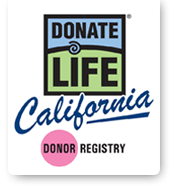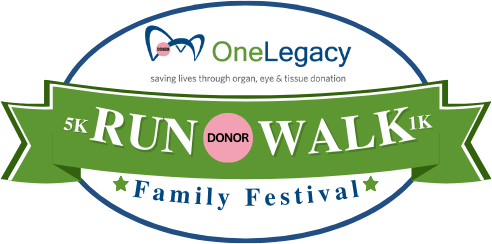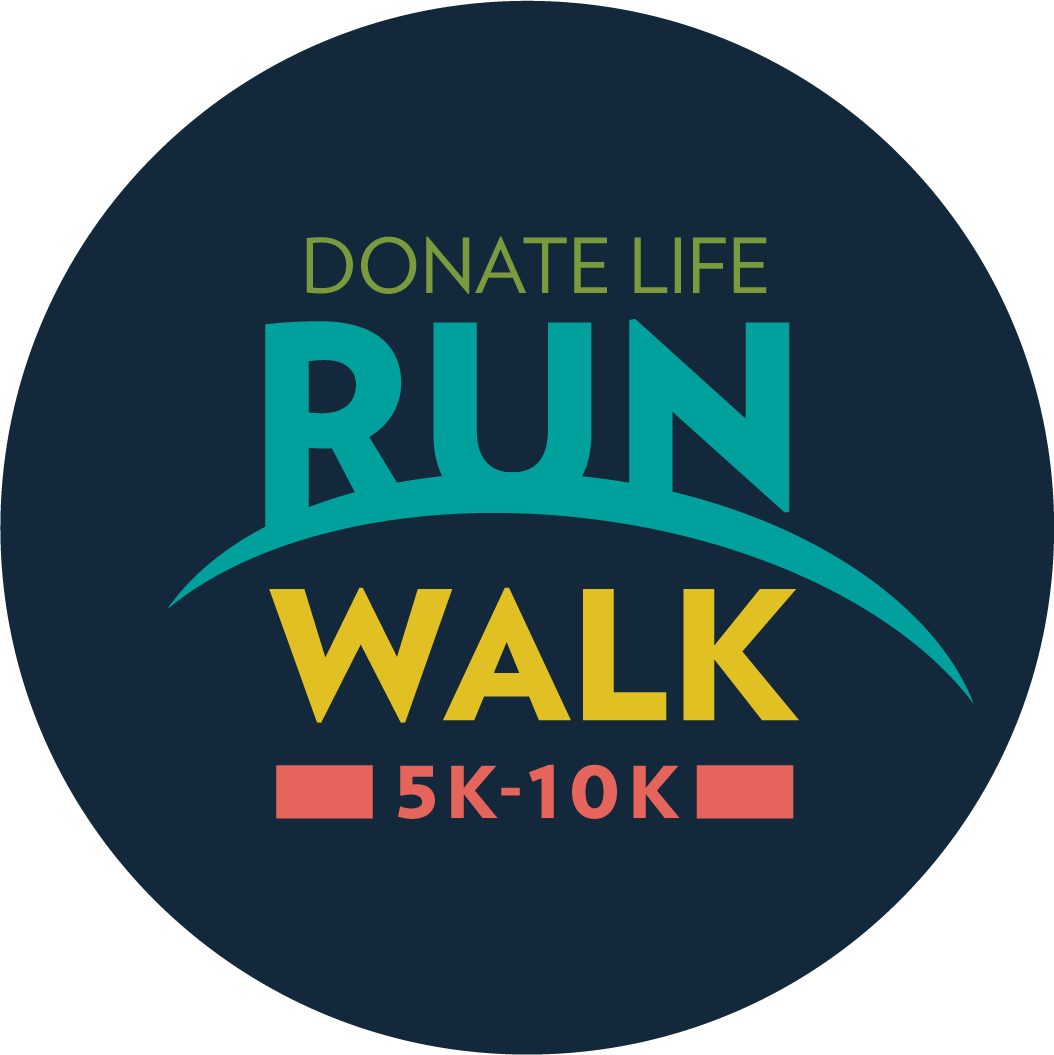LOS ANGELES, Calif., July 16, 2013 – OneLegacy, the non-profit, federally designated organ, eye and tissue recovery organization serving the seven-county greater Los Angeles area, announced today the launch of its multicultural radio campaign to inspire and educate residents throughout the greater Los Angeles area to register as organ, eye and tissue donors.
The radio campaign airs on English- and Spanish-language stations in the Los Angeles, Orange County, and Riverside-San Bernardino radio markets for nine weeks between July 15 and Sept. 23. The campaign extends to Asian communities in August, reaching communities that speak Mandarin Chinese, Cantonese Chinese, Vietnamese, Korean and Tagalog.
“OneLegacy is proud to reignite the relationships we long ago forged with some of the region’s most respected media companies,” said Tom Mone, CEO and executive vice president of OneLegacy. “This campaign targets communities where donor designation rates are among the lowest in the state. It is also designed to inspire people to choose donation when a family member has not chosen to legally document their wish to donate.”
In Los Angeles and Orange County, the spots will air on seven English-language stations: 104.3MYfm, KOST 103.5 FM, KIIS FM 102.7, HOT 105.5, POWER 106 FM, Go Country 105.1 FM, and JACK FM 93.1, as well as the Pandora internet radio service. The Spanish-language spots will air on three Univision stations: LA101.9 FM, KLVE 107.5 FM, and Recuerdo 103.9 AM.
In the Riverside-San Bernardino market, the spots will air on four English-language stations: KOLA 99.9, KFROG 95.1 FM, 99.1 KGGI, and KCAL 96.7, and two Spanish-language stations, José 97.5 FM and QueBuena 96.1 FM, as well as Pandora in both English and Spanish internet streaming.
The 30-second spots were developed by The Sandbox Team Plus, LLC following English- and Spanish-language focus groups including OneLegacy staff, volunteers and the general public.
The focus groups reported that movies and media significantly influence the public’s perception of donation, originating and perpetuating several widely held misconceptions about organ and tissue donation. (Chief among these is the mistaken belief that being a registered donor could result in receiving poor medical care in case of an accident; in fact, donor status has no bearing whatsoever on lifesaving medical treatment.) While the original intent of the campaign was to dispel these kinds of misconceptions, the research phase made it clear that the public preferred to research the topic on its own or with family members rather than be confronted with the myth directly. Latino and African American focus group participants were overwhelmingly in favor of involving their families in their decision-making.
When information and statistics about the benefits of donation were presented, focus group respondents were motivated to take action toward having a conversation with their family members and/or registering, and they emphasized that hearing from those who have lived through the experience was more likely to inspire them. Respondents especially liked hearing from people of different ages and ethnicities, which they perceived as inclusive and effective.
The resulting radio spots incorporate brief but emotive testimonials that dramatize the pride that families feel for their loved ones choosing to be organ donors and the priceless moments they make possible for transplant recipients: “I took my son to our first baseball game.” “My mom reads me to sleep.” “I got a second chance to live.”
The spots place emphasis on family as the touchstone for dialogue about organ donation and also highlight Donate Life California’s websites – www.donateLIFEcalifornia.org and its Spanish-language counterpart, www.doneVIDAcalifornia.org – as resources to obtain more information as well as register.
In Spanish the spots follow a similar format, but they carry an additional component: an old saying that speaks directly to the need for donation: “Lo que se han de comer los gusanos, que lo disfruten los humanos” (“What the worms might eat, let humans enjoy”).
With more than 200 hospitals, 11 transplant centers and a diverse population of 19 million, OneLegacy is the largest organ, eye and tissue recovery organization in the world. For more information, call OneLegacy at (800) 786-4077 or visit www.onelegacy.org.
High concentration of Azithromycin in infected tissues is also caused by the fact that phagocytes and macrophages transport it to the site of infection and release in the area of inflammation. Azithromycin is prescribed in case of illness or injury at the time.









